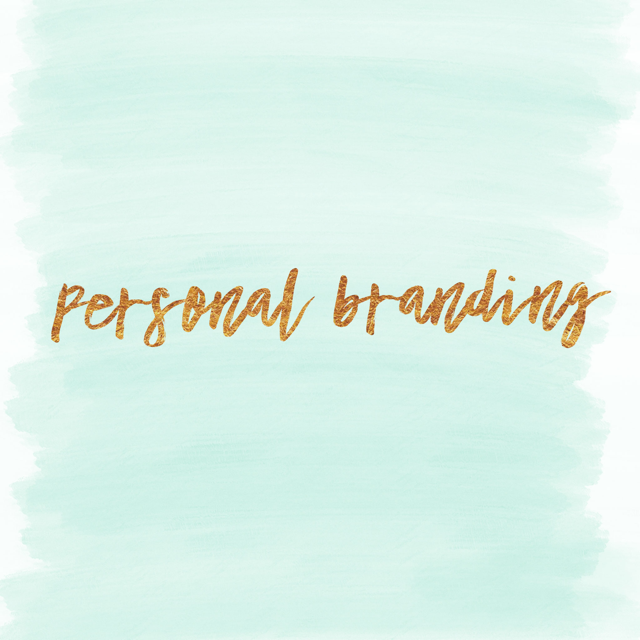When I graduated optometry school I wanted a way to distinguish myself as a new doctor from other optometrists and have a way to keep up with my patients. In the age we live in the first thing most people do before going to the doctor is a google search. Having a website and public social media account allows the patient to get to know you a sense of who you are before you even meet. A good online presence also gives you the valuable opportunity to educate your patients on topics in your field. I realize that people are not searching the hashtags #maculardegeneration or #glaucoma so I try to ‘sprinkle’ educational tidbits in with fashion eye wear and motivational quotes to keep my content enjoyable for the average reader.
I think it is important for every professional to have an online presence as a place where clients/patients can interact and get to know the professional outside of the the traditional business setting. I outlined 5 of my top tips for developing a professional brand and it is quite simple to do.
1) High Quality Headshot
Hire a professional photographer for a session and get them to give you 2-3 professional photos that you can use for different social media platforms and websites. I would suggest using the same headshot for your profile pics to have consistent branding and you can use the others for bios, blog posts, social media posts, etc.
2) Professional Page on a Social Media Platform of your choice
If you are a millennial or tech savvy you probably have 3 or more different social media accounts that you have been using for years to display your personal life to friends. I think it is a good idea to keep those private and pick one platform that you can connect with your patients/clients with on a professional level. I chose Instagram because it is an easy way to use pictures to tell a story and even use for educational purposes.
3) Relevant Content
Create some interesting content to share on your sites and keep your patients engaged. It can be anything from fun facts to the latest research. I even try to keep things interesting and add fashion, beauty tips, and words of inspiration.
4) Business Cards and Personalized Stationery
These two items maybe the amongst some of the oldest tips in the book, but are still a very important piece to branding and networking. Business cards are an easy way to exchange information or to hand out with marketing material. A handwritten note on some nice high quality stationery goes a long way when making an impression.
5) Logo and Consistent theme of the brand
A simple logo and a color scheme is all you need.You dont have to go all out and spend a lot of money on the logo. You just need one for visual impact and brand constancy. There are tons of websites that offer logo making services. I just asked my super talented graphic design friend if she could whip something up for me and I fell in love with the end result.
A good online presence is so important and will be beneficial in many ways. Its great for patient education, it helps the patient remember who you are, and also a great networking tool. If I can figure it out, anyone can!






